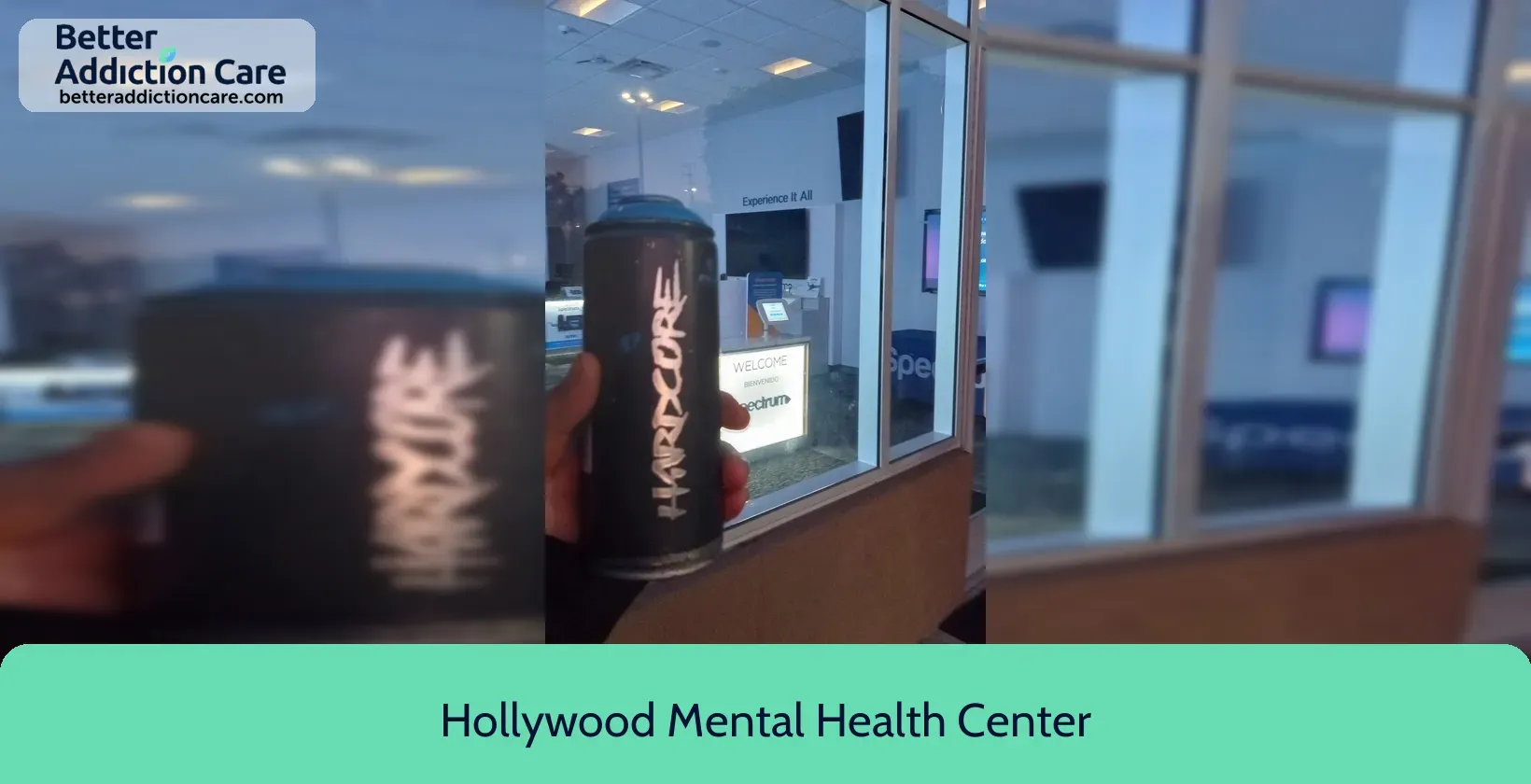Hollywood Mental Health Center
Overview
Hollywood Mental Health Center is a mental health treatment center for people seeking treatment near Los Angeles County. As part of their treatment modalities for recovery, Hollywood Mental Health Center provides family counseling, individual psychotherapy, and cognitive behavioral therapy during treatment. Hollywood Mental Health Center is located in Los Angeles, California, accepting county or local government funds for treatment.
Hollywood Mental Health Center at a Glance
Payment Options
- County or local government funds
- Community Mental Health Block Grants
- Medicaid
- Private health insurance
- Cash or self-payment
Assessments
- Comprehensive mental health assessment
- Comprehensive substance use assessment
Age Groups
- Adults
- Young adults
Operation
- State government
Highlights About Hollywood Mental Health Center
6.68/10
With an overall rating of 6.68/10, this facility has following balanced range of services. Alcohol Rehabilitation: 8.00/10, Drug Rehab and Detox: 6.00/10, Insurance and Payments: 6.00/10, Treatment Options: 6.73/10.-
Alcohol Rehabilitation 8.00
-
Treatment Options 6.73
-
Drug Rehab and Detox 6.00
-
Insurance and Payments 6.00
Treatment At Hollywood Mental Health Center
Treatment Conditions
- Mental health treatment
- Substance use treatment
- Co-occurring Disorders
Care Levels
- Outpatient
Treatment Modalities
- Family counseling
- Individual psychotherapy
- Cognitive Behavioral Therapy
- Dialectical Behavior Therapy
- Group counseling
Ancillary Services
Languages
- Sign language services for the deaf and hard of hearing
- Spanish
Special Programs
- Clients with HIV or AIDS
- Clients who have experienced trauma
- Persons 18 and older with serious mental illness (SMI)
Get Help Now
Common Questions About Hollywood Mental Health Center
Contact Information
Other Facilities in Los Angeles

6.74

6.59

6.74

6.74

6.65

6.68

6.56

6.77
DISCLAIMER: The facility name, logo and brand are the property and registered trademarks of National Council on Alcohol and Drug Dependency, and are being used for identification and informational purposes only. Use of these names, logos and brands shall not imply endorsement. BetterAddictionCare.com is not affiliated with or sponsored by National Council on Alcohol and Drug Dependency.

